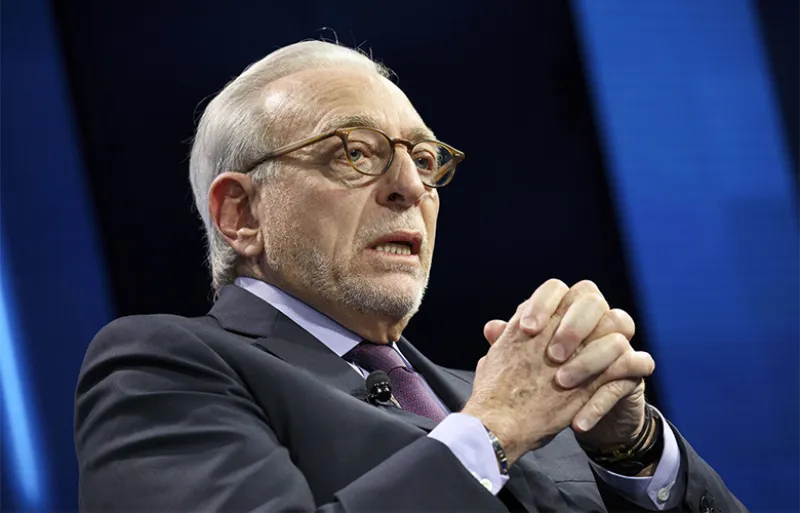As more hedge funds launch activist campaigns, more will fail, new research shows.
The paper — "Hedge Fund Activists: Pessimists in a World of Managerial Optimism" — published on March 8 by lawyer J.B. Heaton, details the link between activism's rising popularity and falling hit rate.
“Companies are not the only ones to get it wrong,” according to Heaton. “Hedge fund activists make mistakes too.”
These investment vehicles play an important role in spurring shareholder initiatives that target publicly traded companies. But as more hedge funds set up shop, build stakes, and demand change, more will select targets poorly, according to Heaton.
[II Deep Dive: What Makes a Firm a Target for Activists?]
Heaton’s research shows that the absolute number of profitable campaigns remains stable as the total volume of initiatives led by hedge funds increases. As entry into hedge fund activism increases, more activists look for signals, raising the likelihood of draws from the left tail of the signal generating distribution,” he wrote. The phenomenon likely won’t impact the profits of the campaigns that do end up succeeding.
This still poses an issue for institutional investors. Hedge fund activism, once thought of as reliably profitable, will no longer be seen that way, according to Heaton.
But one way hedge funds do seem to win in their activism is when they're a part of a "wolf pack," or a loosely affiliated group of hedge fund activists, according to Heaton.
Certain players in the space seen these packs in a negative light, perhaps due to their ambiguous legal status. However, because wolf packs avoid officially affiliating themselves, they are able to gang up on a corporation with little resistance in the courts. “Wolf packs — far from being cause for concern or warranting the caustic criticism of judges and commentators — are evidence that the underlying opportunity for corporate change is more likely to be real,” Heaton wrote.
This is because hedge fund activists, according to Heaton, are more likely to act in sync when their targets are performing poorly. The more hedge funds that see an opportunity for activism, the greater the signal is that the campaign will actually succeed, per Heaton’s research.






